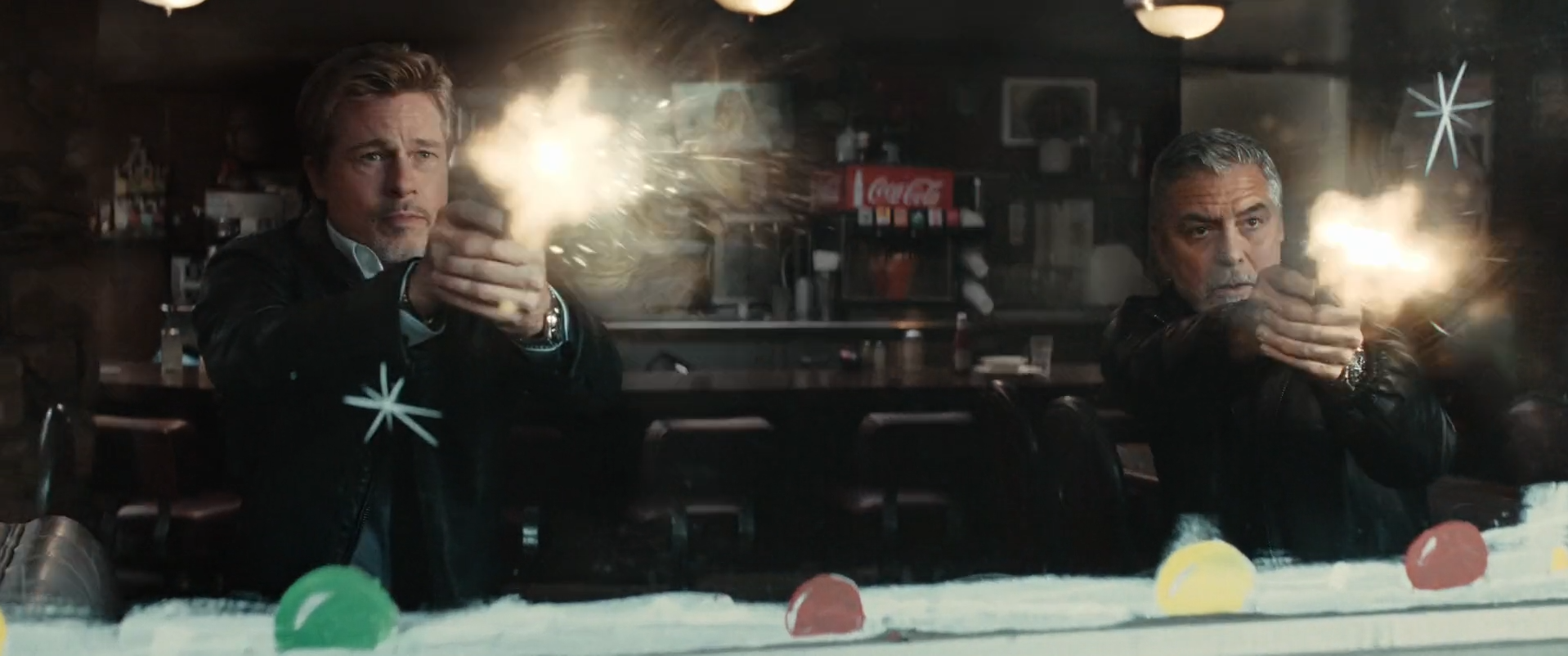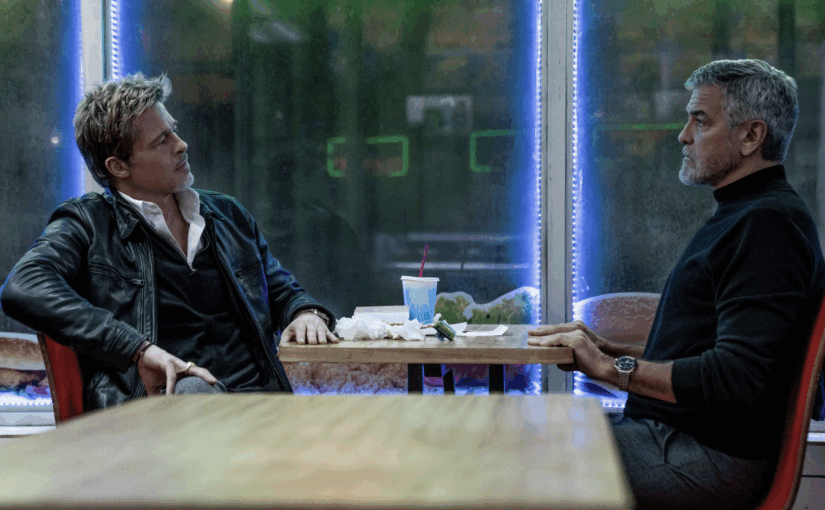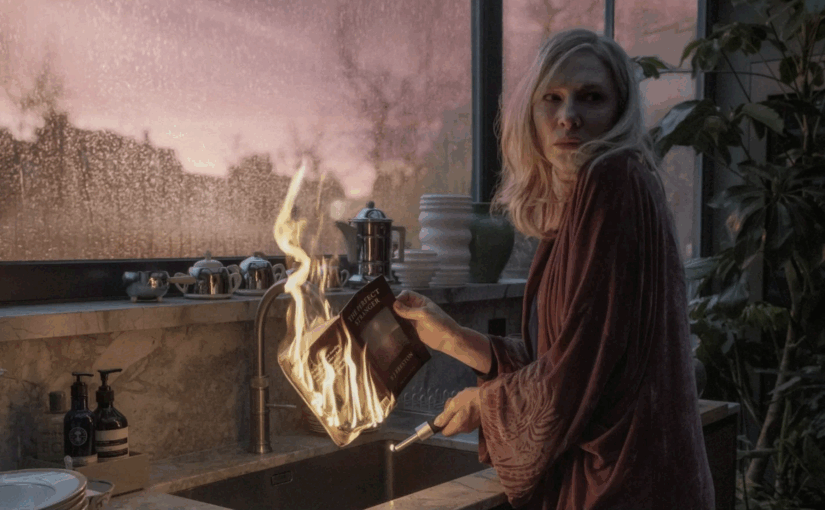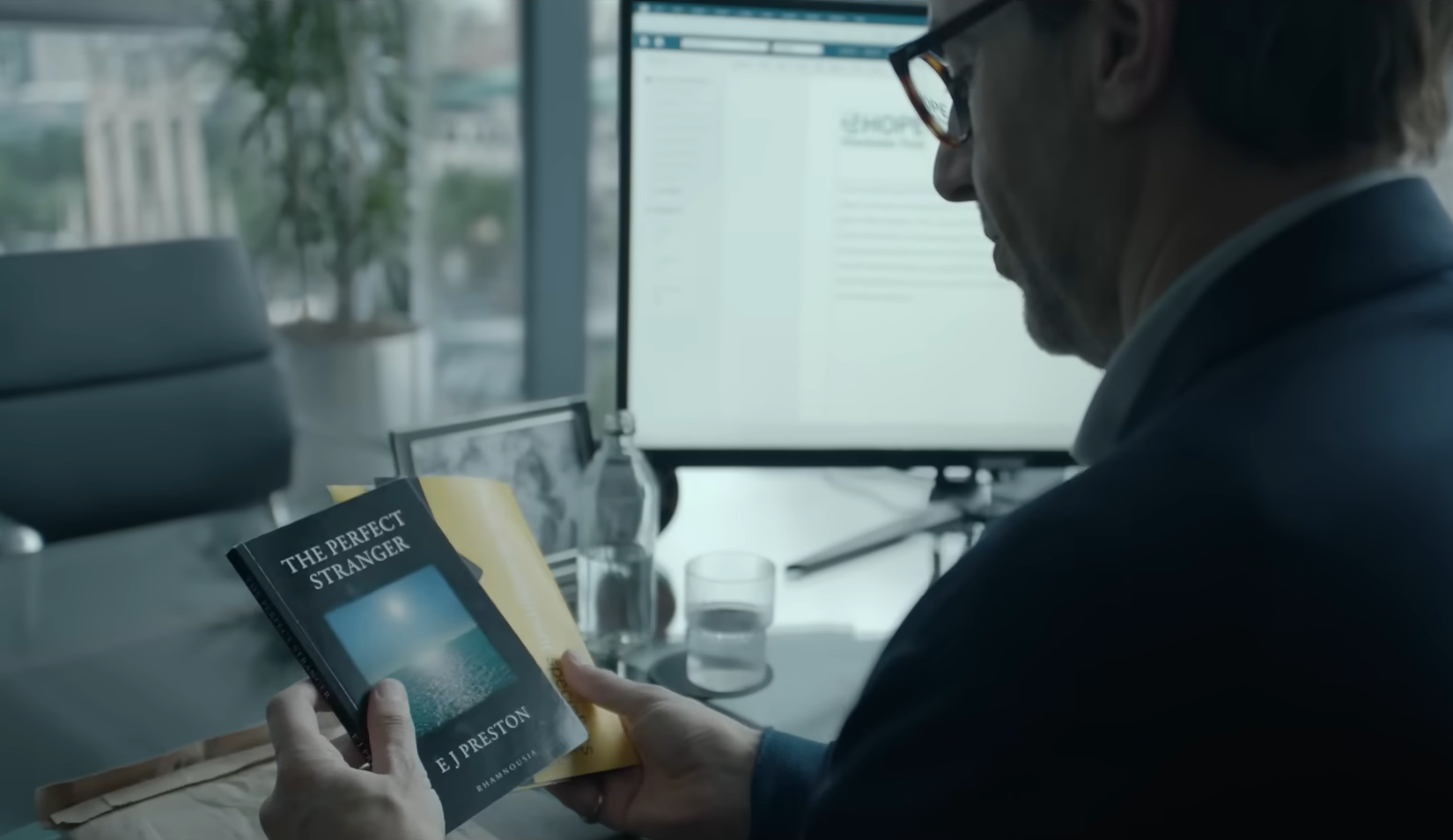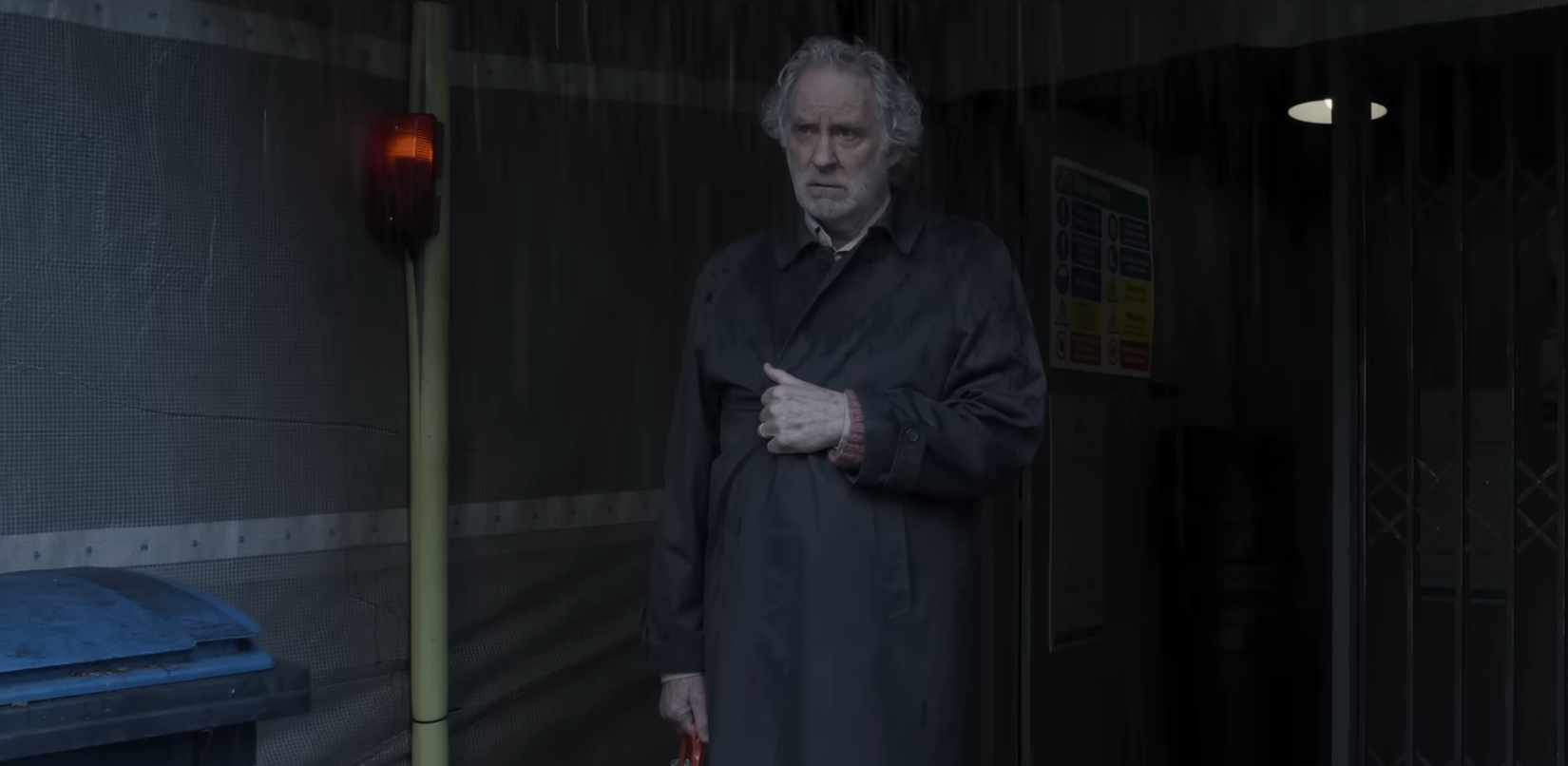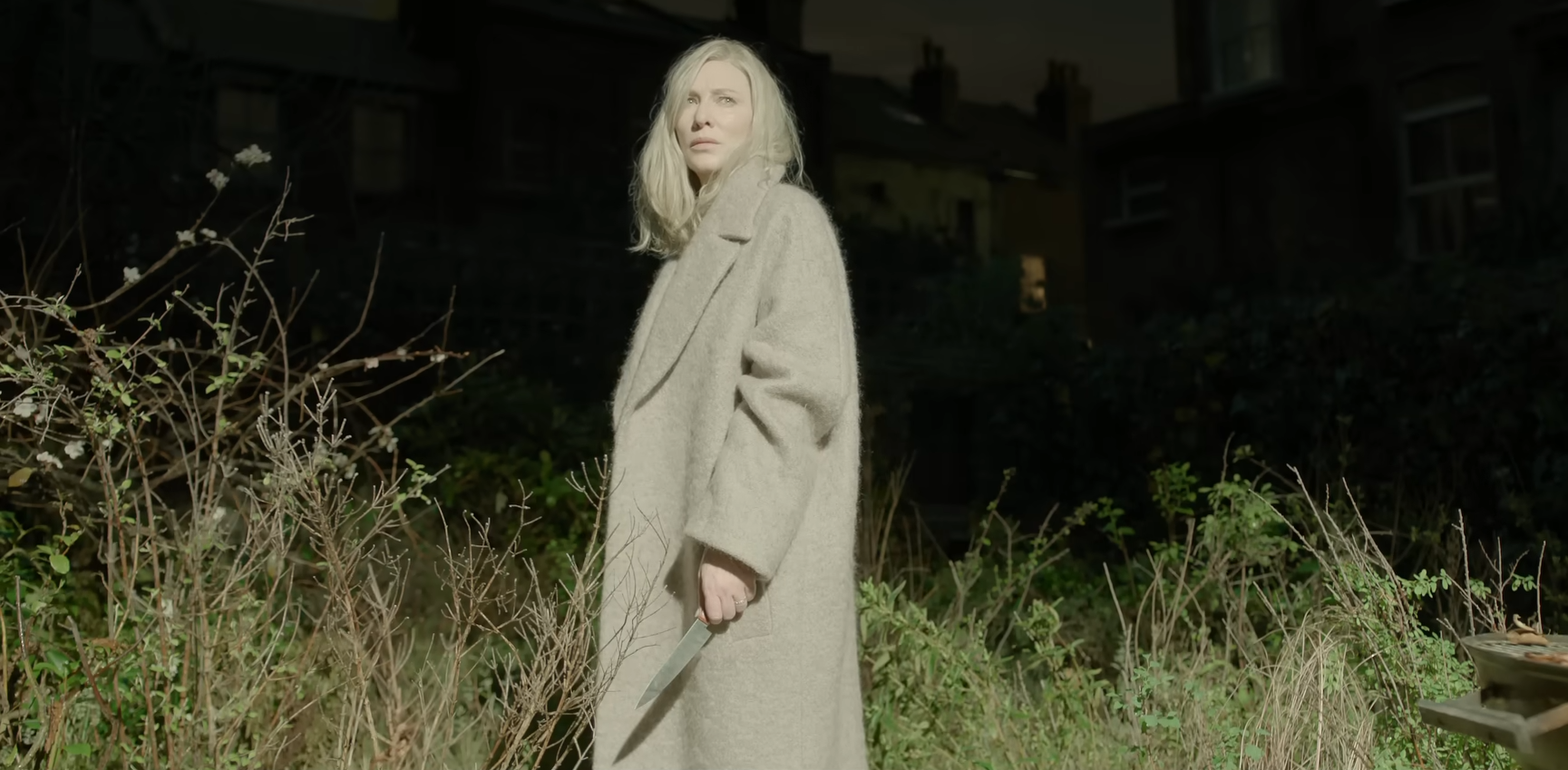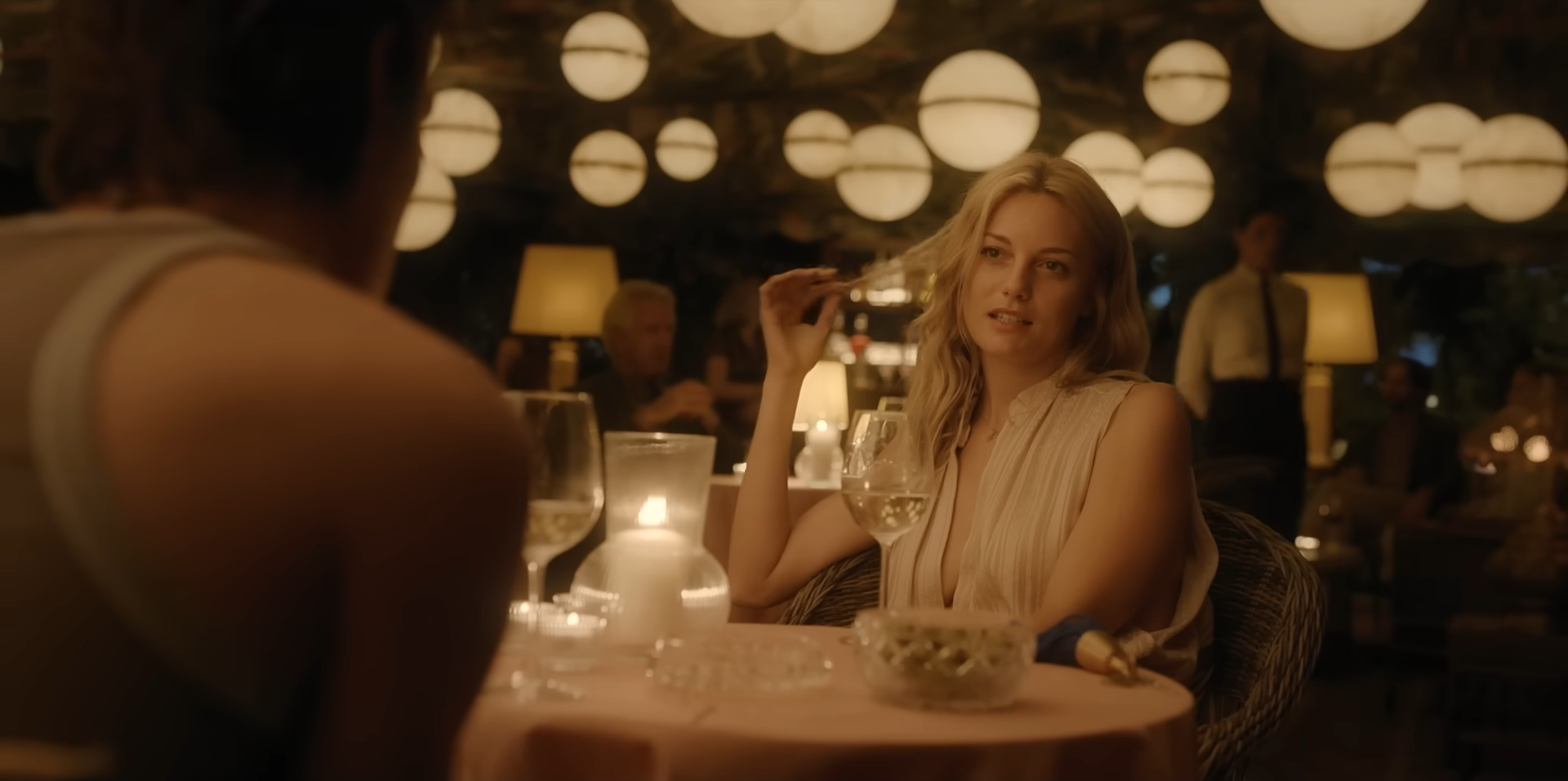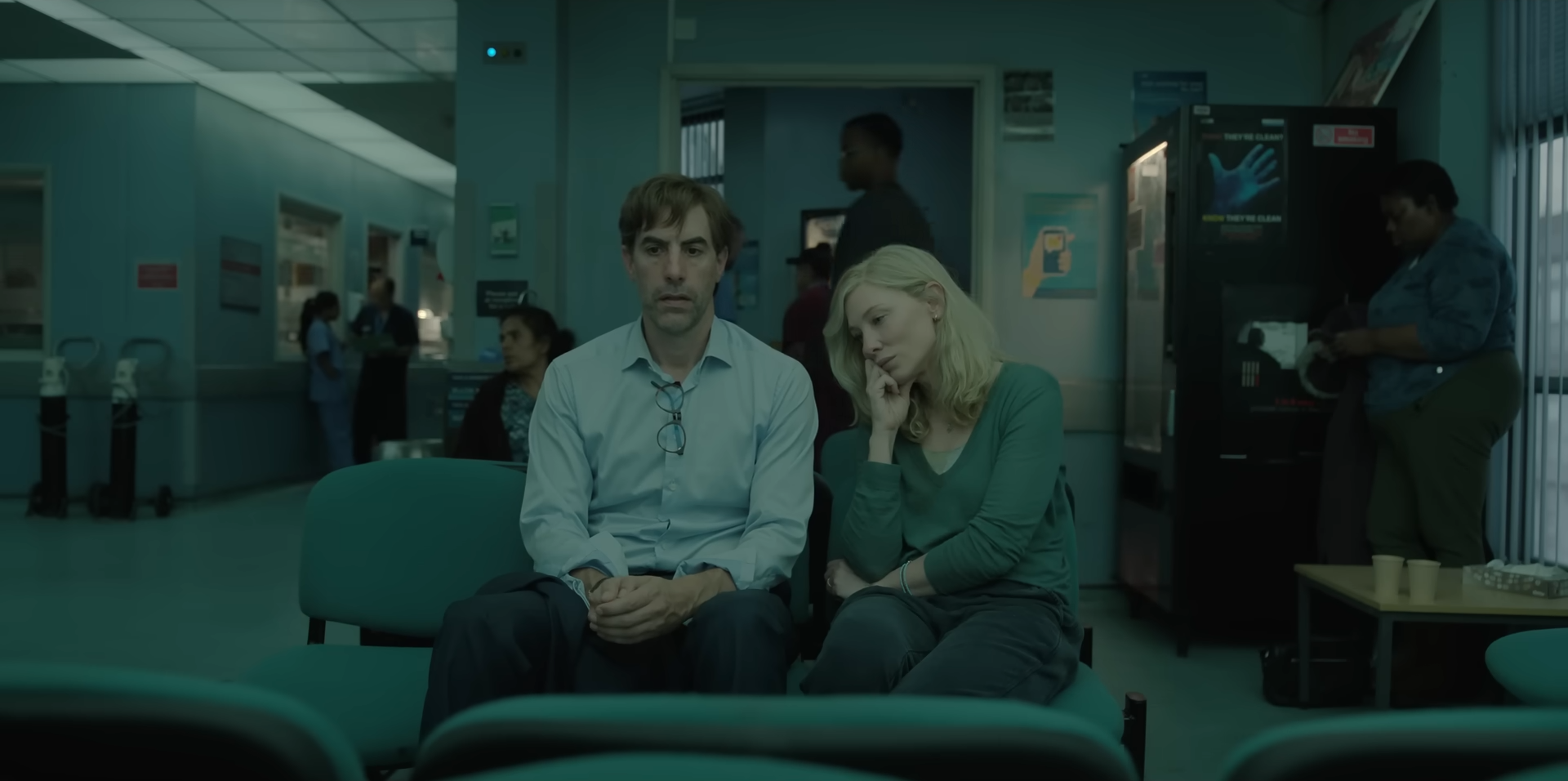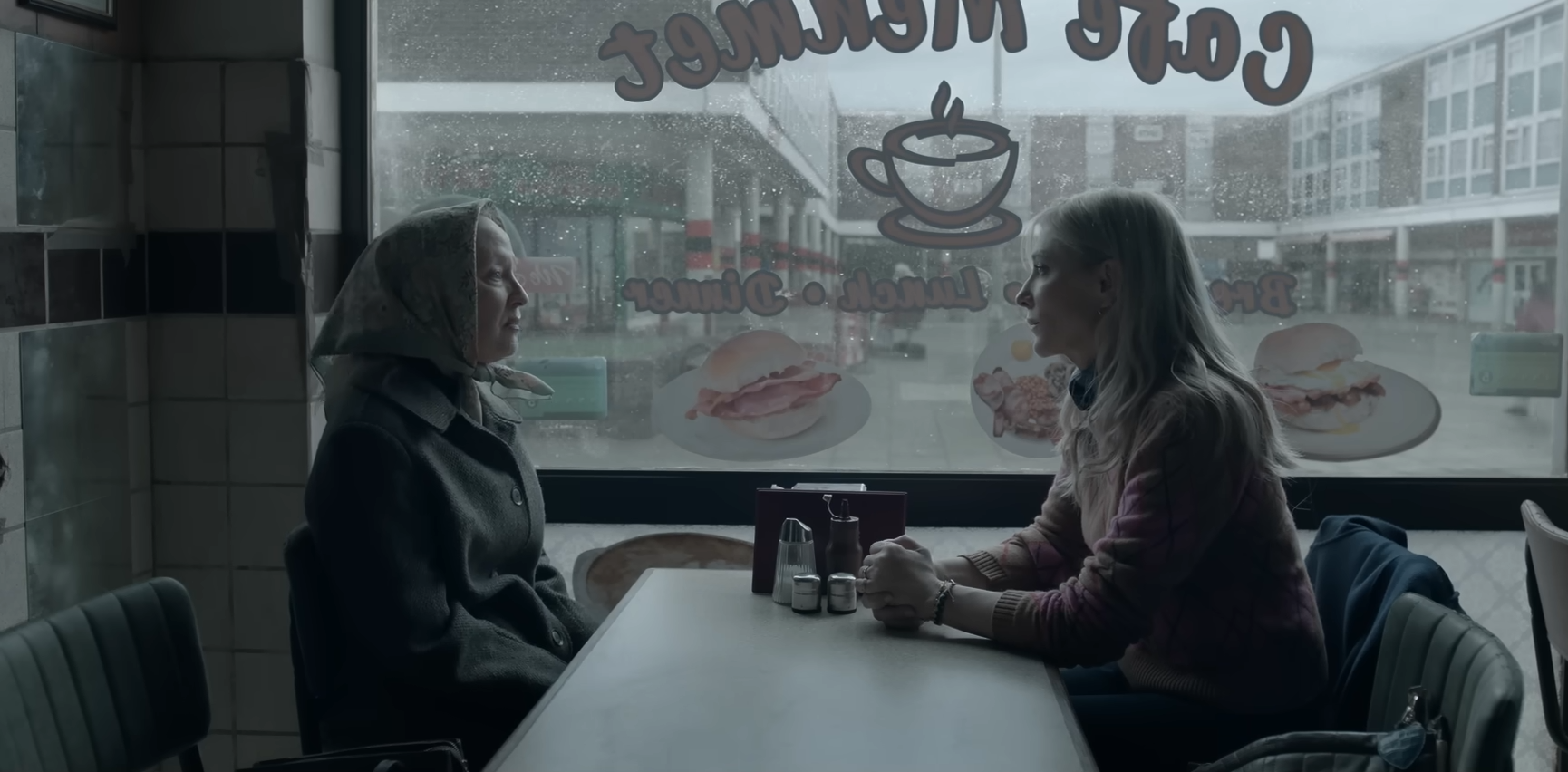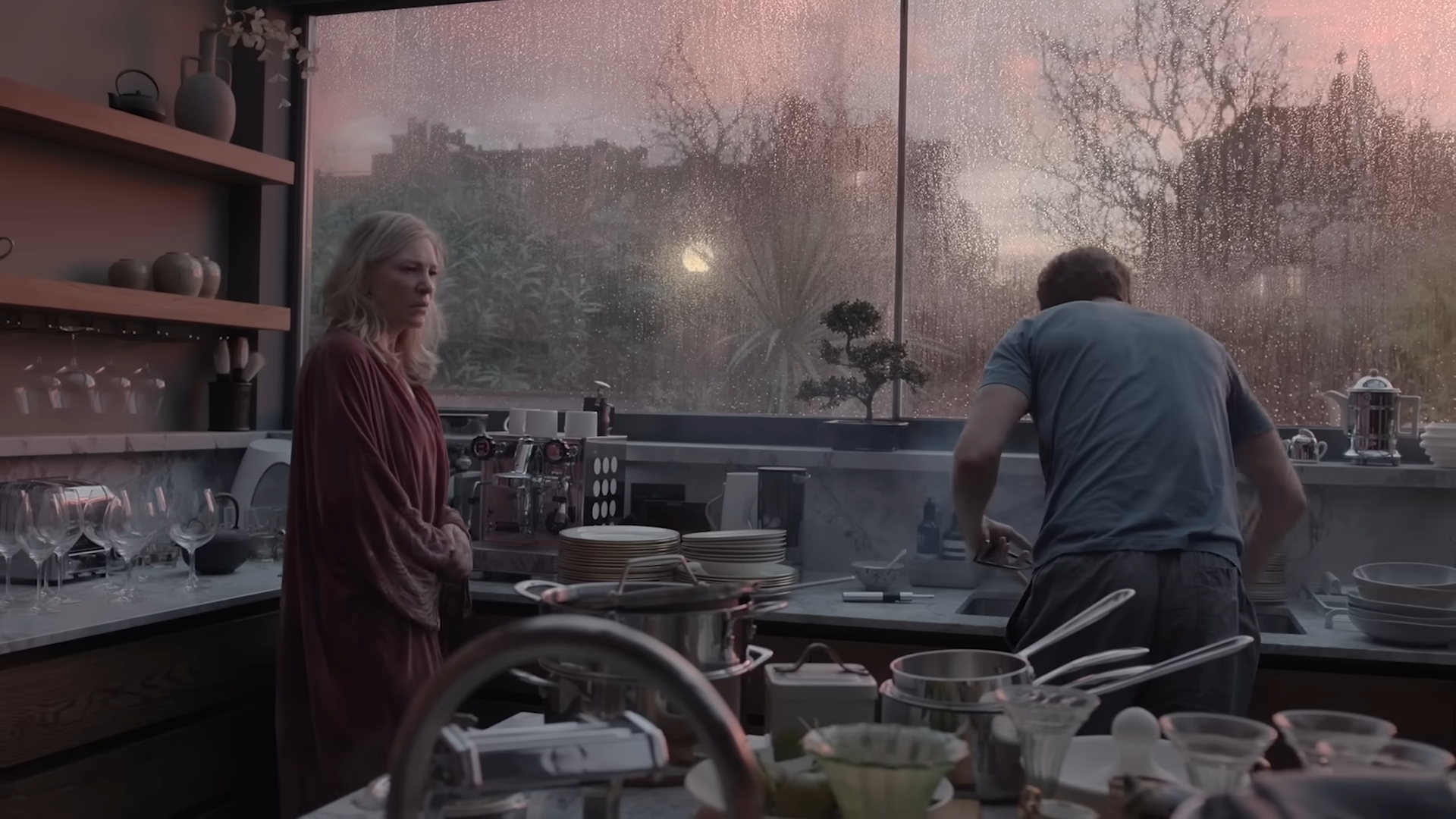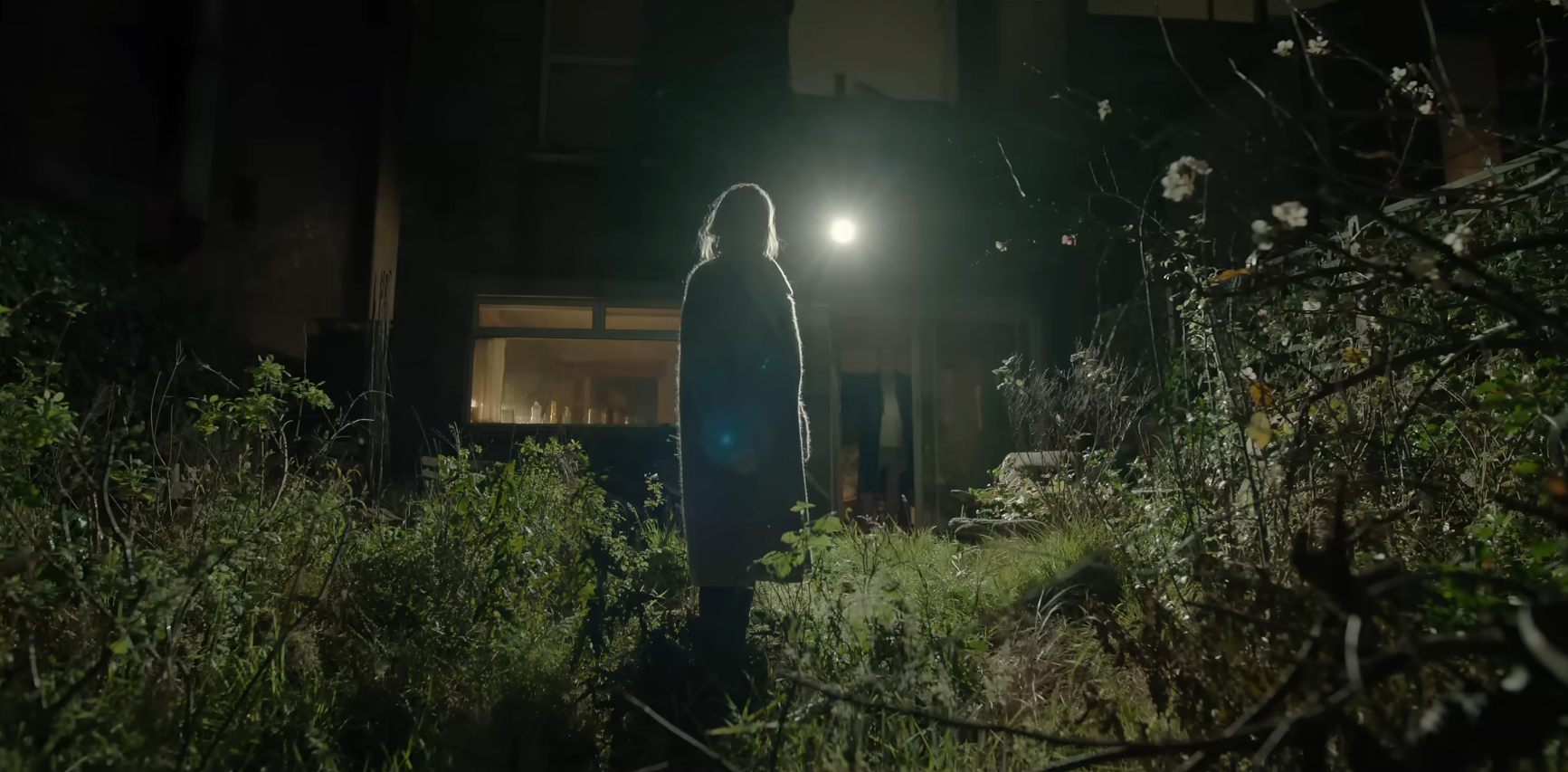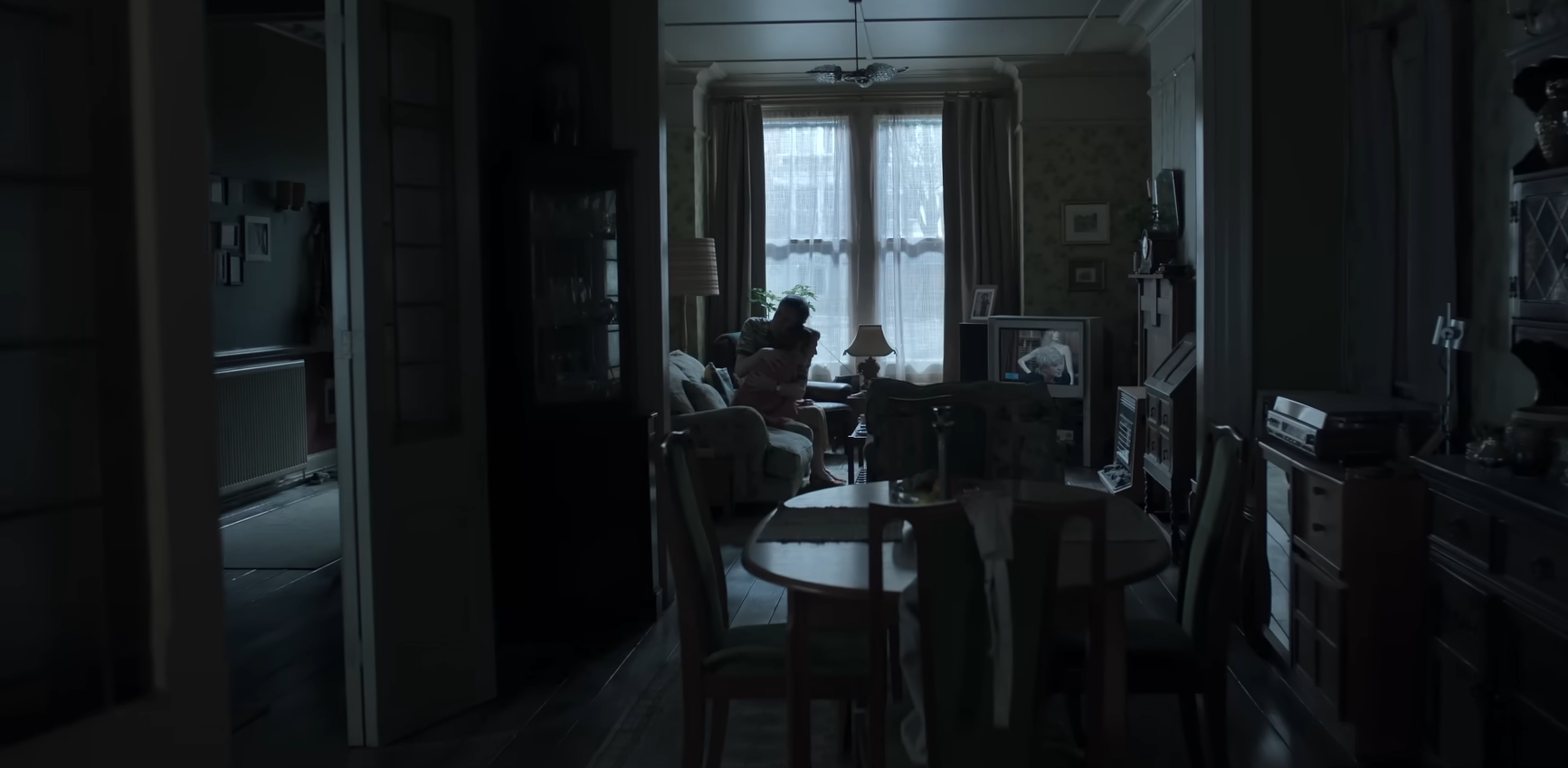Jon Watts | 1hr 48min

So reclusive are the two fixers at the centre of Wolfs that even their names are kept from us. Their identities are their jobs, requiring them to override any moral inhibitions they might harbour to maintain a stoic, unflinching professionalism. Personal relationships are similarly out of the question, or else they might find themselves easily compromised by conflicting loyalties. According to George Clooney’s pragmatic specialist, this line of work requires a “certain level of monasticism” – so when he and Brad Pitt’s sardonic contractor are incidentally hired to handle the same job, their forced partnership threatens to steer both off track.
The snarky repartee flows freely in this buddy comedy-thriller, fuelled by a chemistry that was established between the two veteran actors long ago in Ocean’s Eleven. There is no question as to the competency of these professionals, but their mutual jabs at each other’s work ethic do reveal petty egos underlying their suave composure. Unfortunately, this is not the sort of job which can handle too much distraction either. After a Manhattan District Attorney’s brief affair with a younger man ends in disaster, the mess they have been tasked with cleaning up quickly spirals out of control, leading them on a chase through New York City and into the middle of a gang war over a stolen drug shipment.
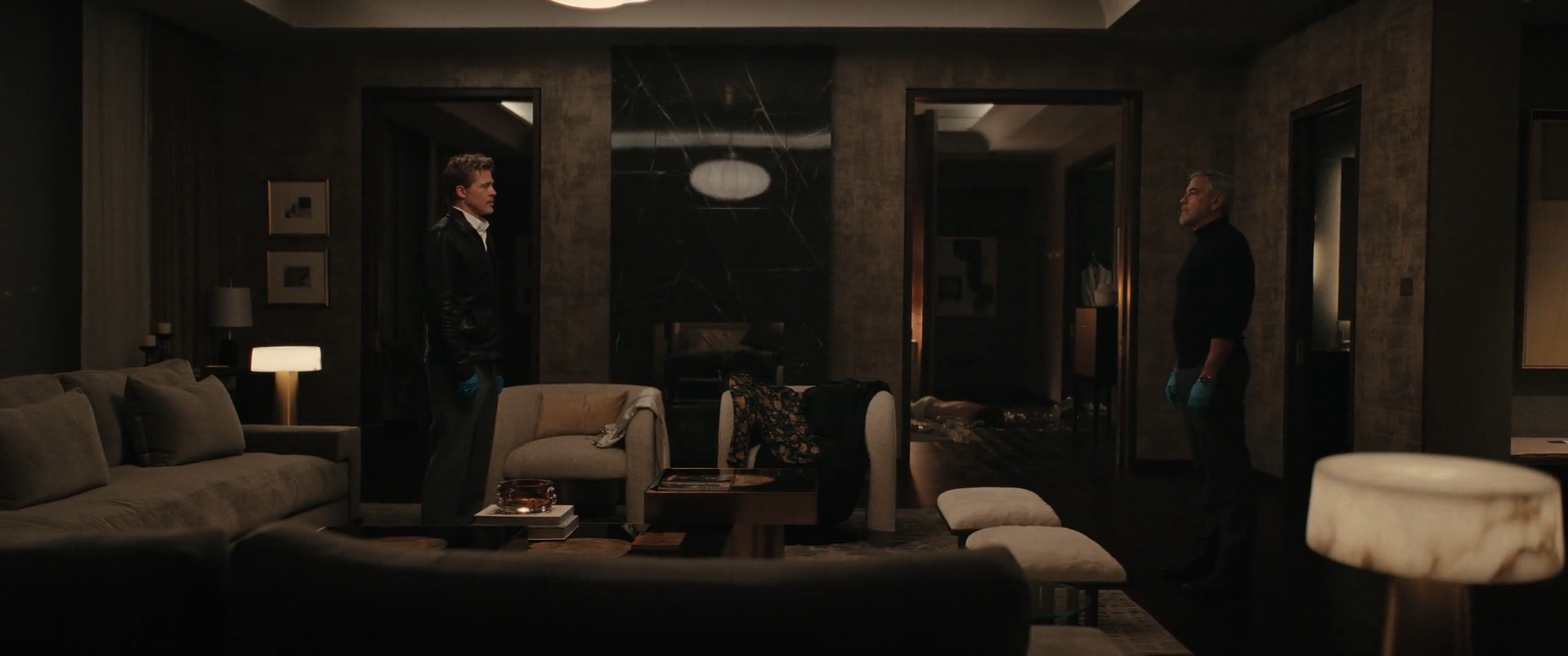
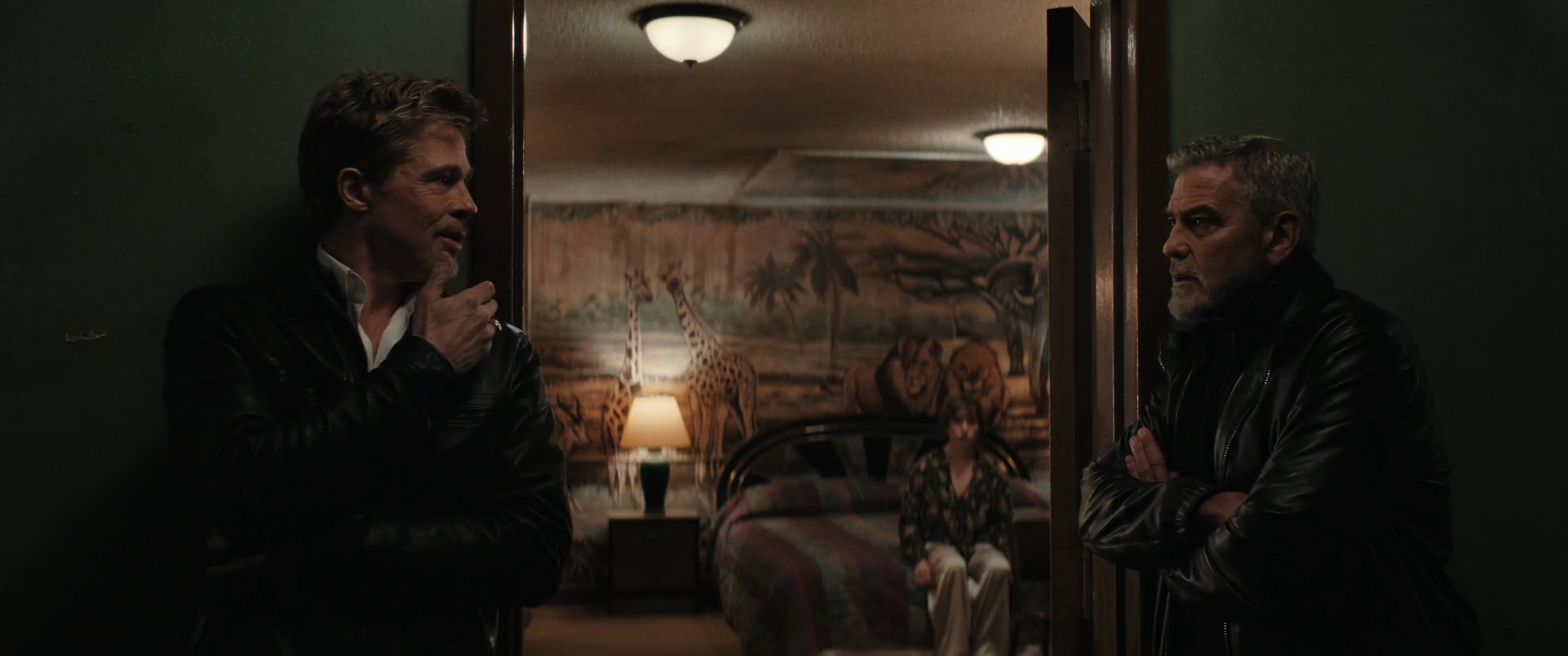
Although Austin Abrams isn’t quite Clooney and Pitt’s equal here, he injects a bewildered, guileless humour as their naïve tagalong, finding himself in over his head more than anyone else. The single night setting only elevates the farcical caper further, escalating its stakes faster than he can keep up. Even if for a brief period, an oddball family dynamic forms between these three men as Clooney and Pitt find themselves strangely protective of the ‘Kid’ and develop a begrudging respect for each other. Nowhere is this better illustrated either than their run-in with an old criminal associate from the Albanian mafia, seeing them quickly take control of the tense situation and act with perfect synchronicity to save both their necks.
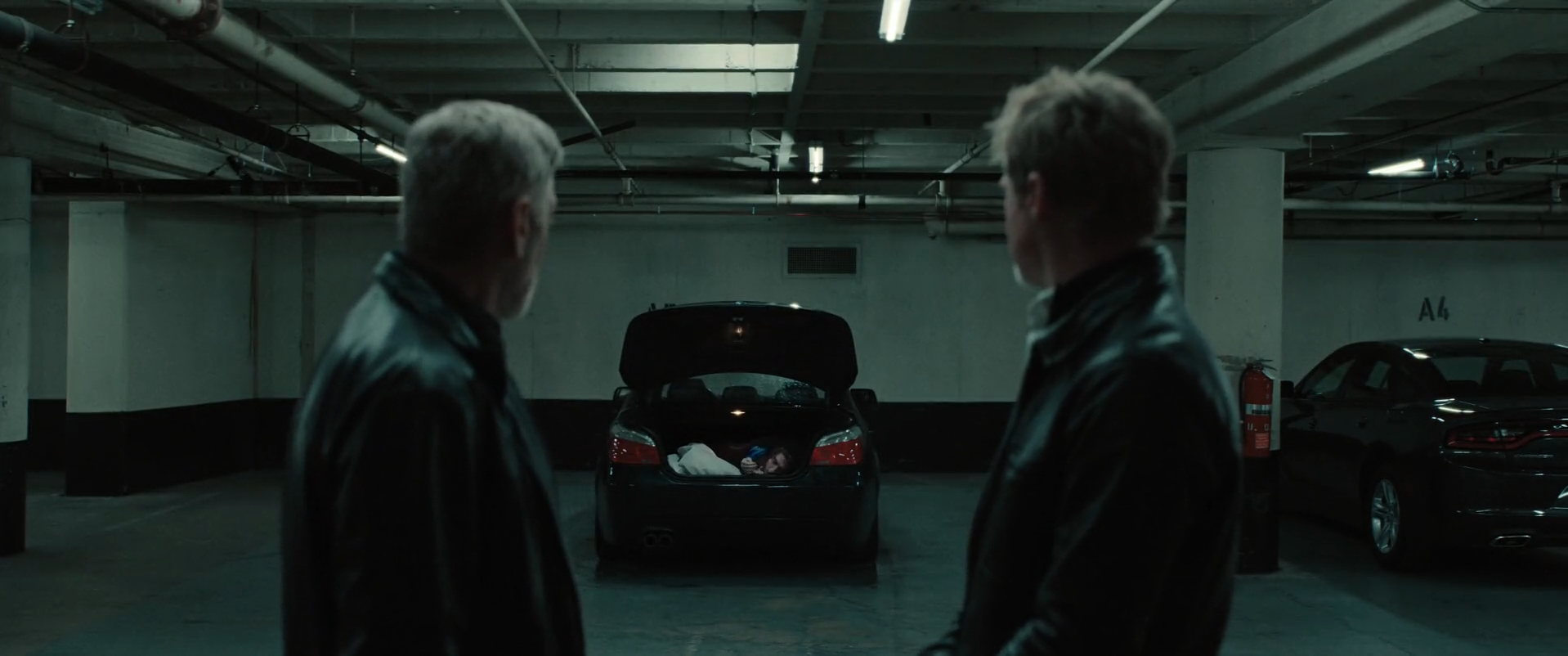
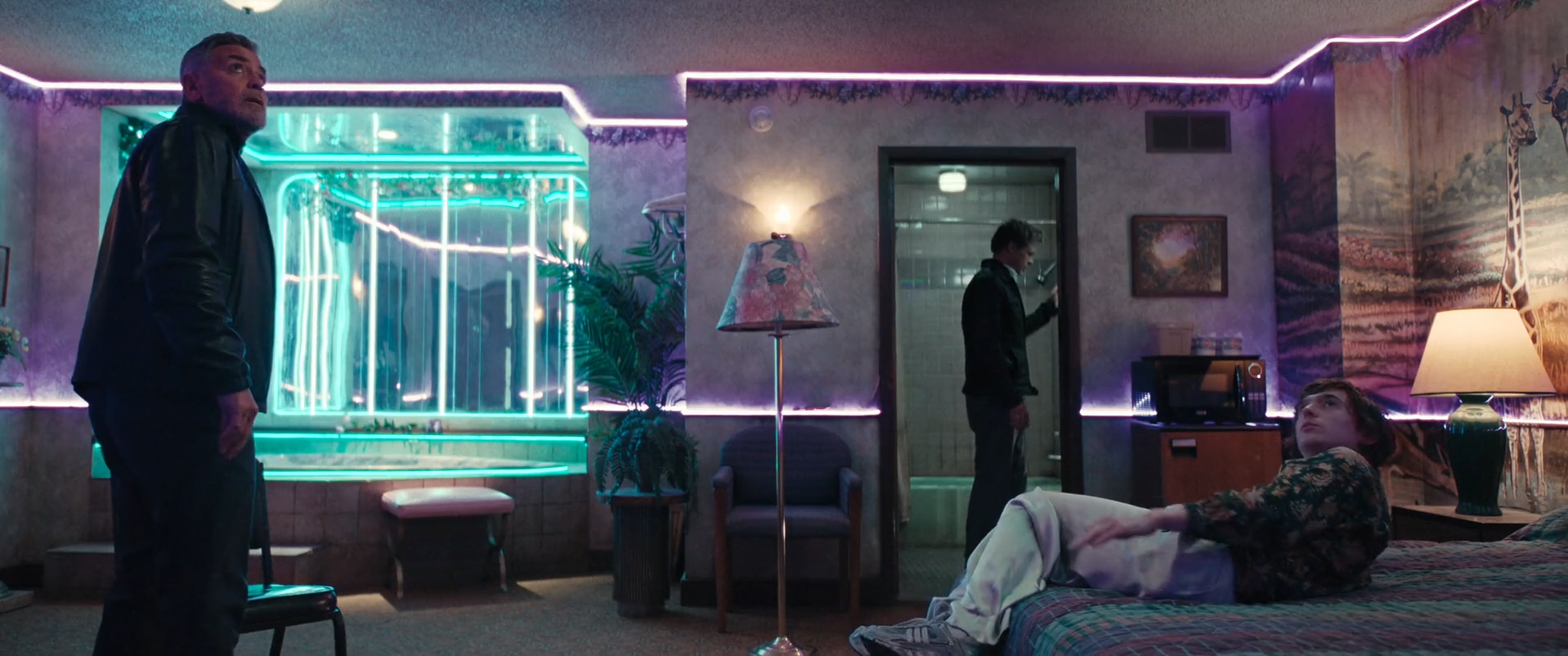
Stealth, cunning, and a solid dose of charisma are clearly essential qualities for these fixers, and quite unusually for Jon Watts, Wolfs showcases a visual stylishness which matches their crafty street smarts. One might almost mistake this for a Steven Soderbergh thriller with lighting this atmospheric, spreading a clean ambience through luxurious hotel interiors and shedding dingy hues from neon signs in diners. The nightclub set piece is also a standout in this respect, flooding the dance floor and exterior with a red wash that screams danger while glass chandeliers dangle over the partying crowds. It is refreshing to see Watts flex his filmmaking talents beyond the restrictions of Marvel Studios here, and this extends to his execution of creative visual gags as well, often playing out with sharp comic timing in thoughtfully staged wide shots.
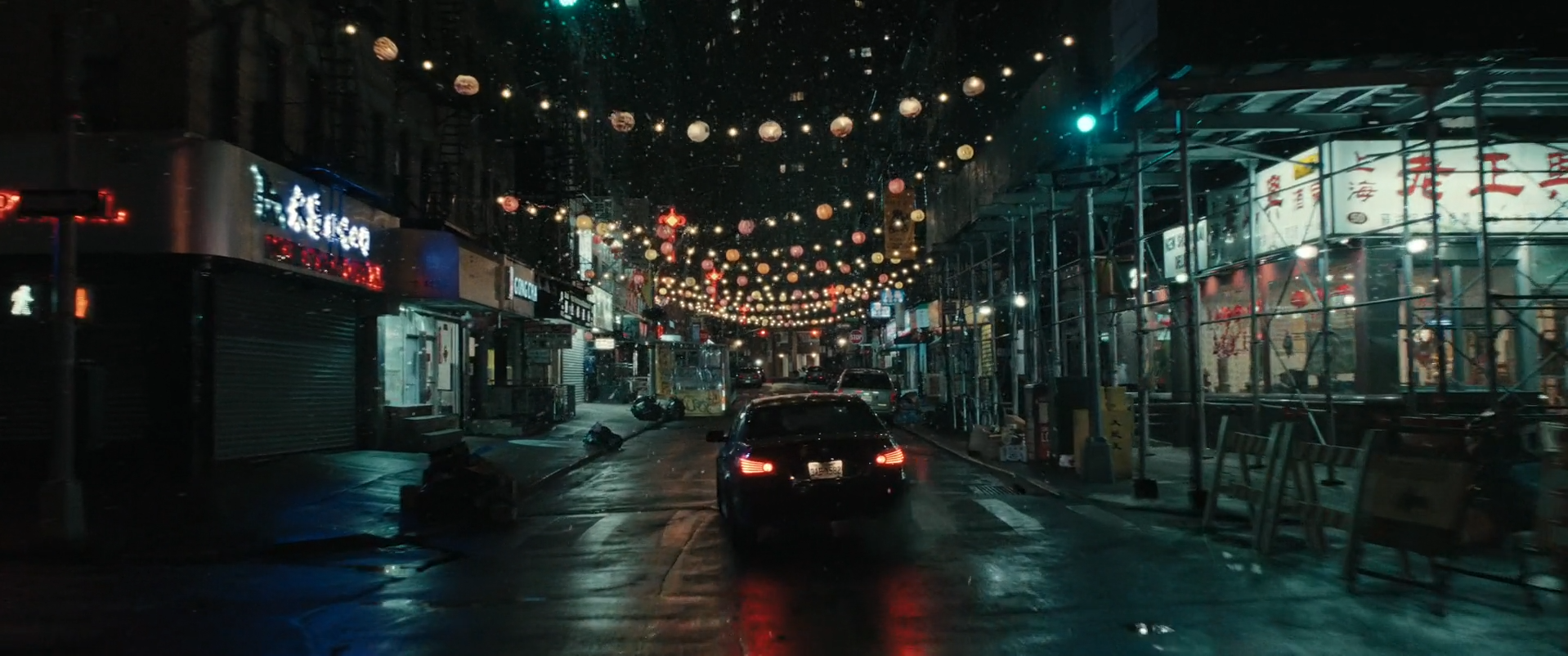
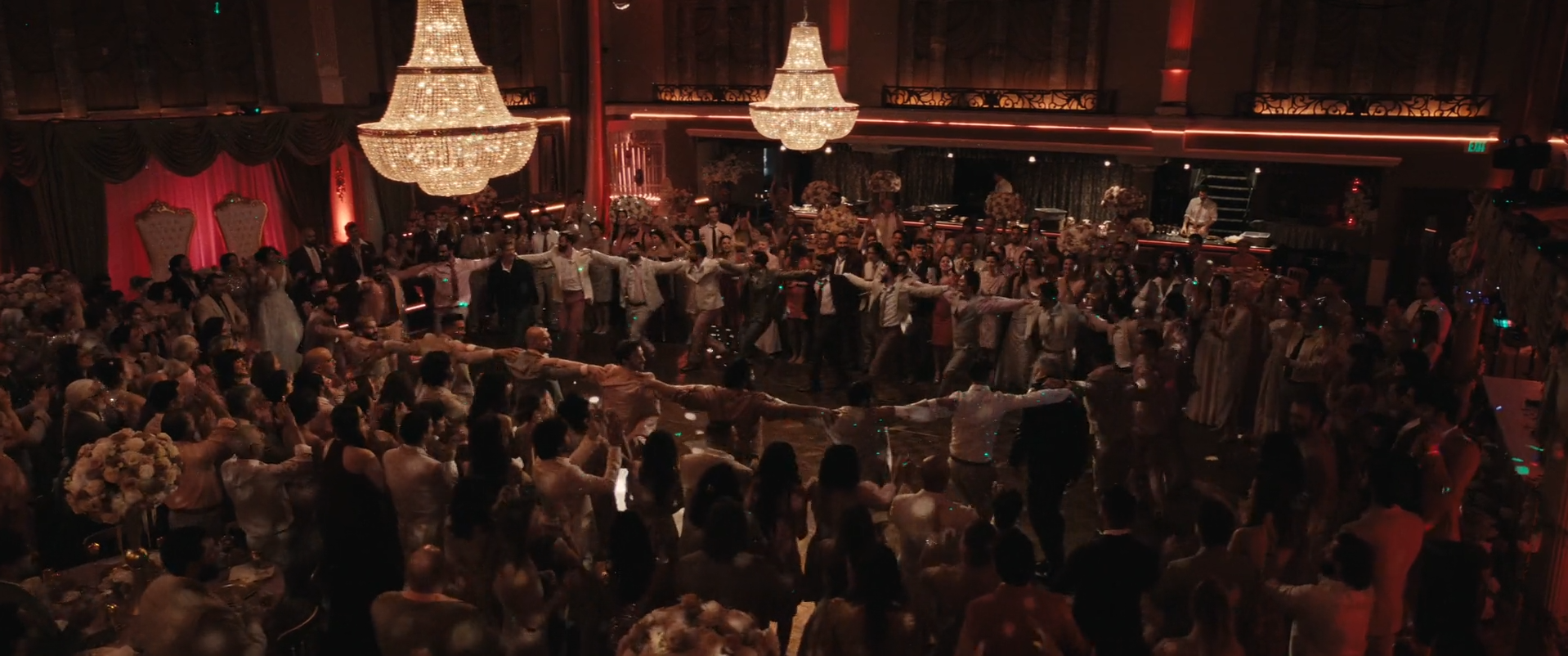
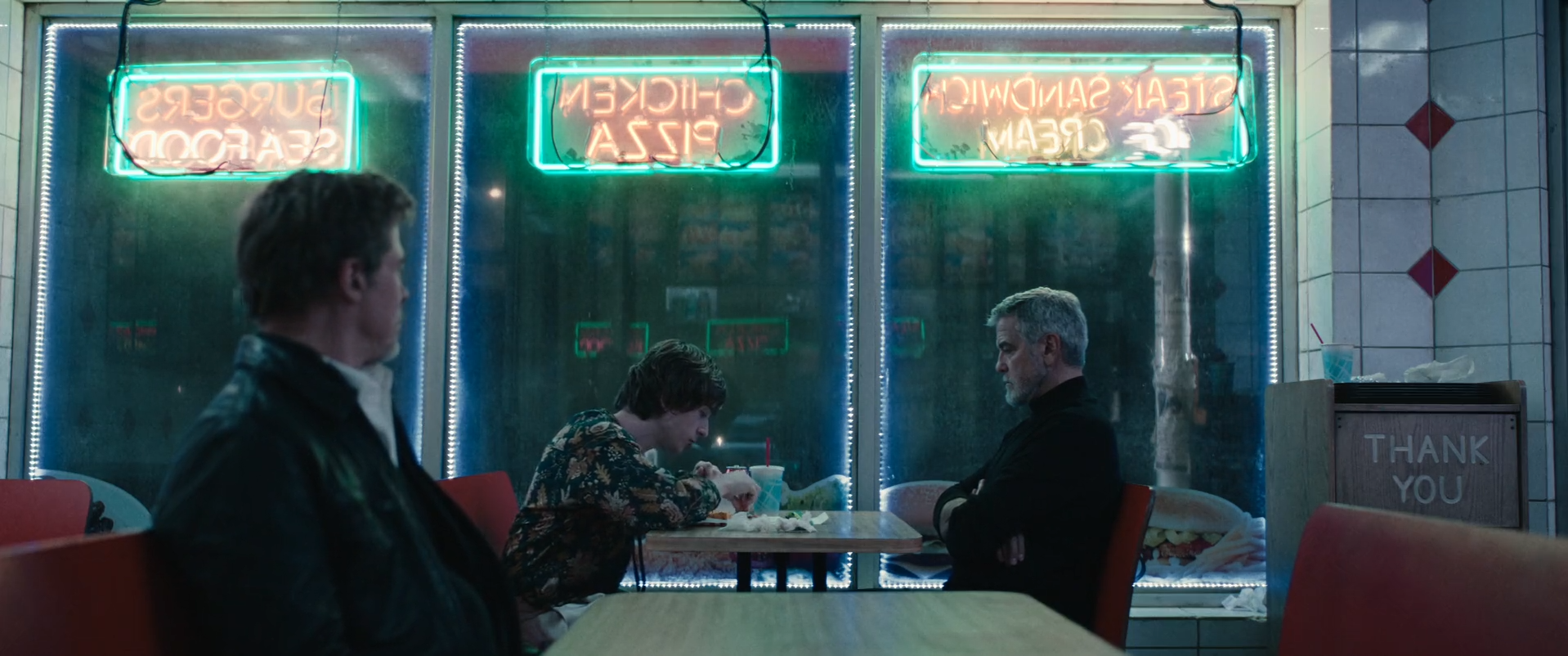
Though the storytelling eventually gets tangled in a convoluted web of conspiracies, the development of Clooney and Pitt’s relationship maintains a brisk momentum, even adopting a Butch Cassidy and the Sundance Kid dynamic as the unlikely partners begin to realise that they can only rely on each other. Without resorting to derivative, sentimental shortcuts, Watts’ nod to the Western classic’s iconic ending thoughtfully pays homage to one of cinema’s greatest duos, similarly offering these lone wolves a shot at redemption through genuine camaraderie before they face the fire. Clooney and Pitt can easily command the screen alone, but together they become a magnetic force of undistilled charisma, rising above stubborn independent streaks and egos to appreciate the playfully invigorating nature of companionship.
Wolfs is currently streaming on Apple TV Plus.
